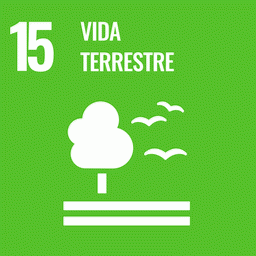Climate and land use models predict that tropical deforestation and conversion to cropland will produce a large flux of soil carbon (C) to the atmosphere from accelerated decomposition of soil organic matter (SOM). However, the C flux from the deep tropical soils on which most intensive crop agriculture is now expanding remains poorly constrained. To quantify the effect of intensive agriculture on tropical soil C, we compared C stocks, radiocarbon, and stable C isotopes to 2 m depth from forests and soybean cropland created from former pasture in Mato Grosso, Brazil. We hypothesized that soil disturbance, higher soil temperatures (+2°C), and lower OM inputs from soybeans would increase soil C turnover and deplete C stocks relative to nearby forest soils.
However, we found reduced C concentrations and stocks only in surface soils (0–10 cm) of soybean cropland compared with forests, and these differences could be explained by soil mixing during plowing. The amount and Δ14C of respired CO2 to 50 cm depth were significantly lower from soybean soils, yet CO2 production at 2 m deep was low in both forest and soybean soils. Mean surface soil δ13C decreased by 0.5‰ between 2009 and 2013 in soybean cropland, suggesting low OM inputs from soybeans. Together these findings suggest the following: (1) soil C is relatively resistant to changes in land use and (2) conversion to cropland caused a small, measurable reduction in the fast-cycling C pool through reduced OM inputs, mobilization of older C from soil mixing, and/or destabilization of SOM in surface soils.
